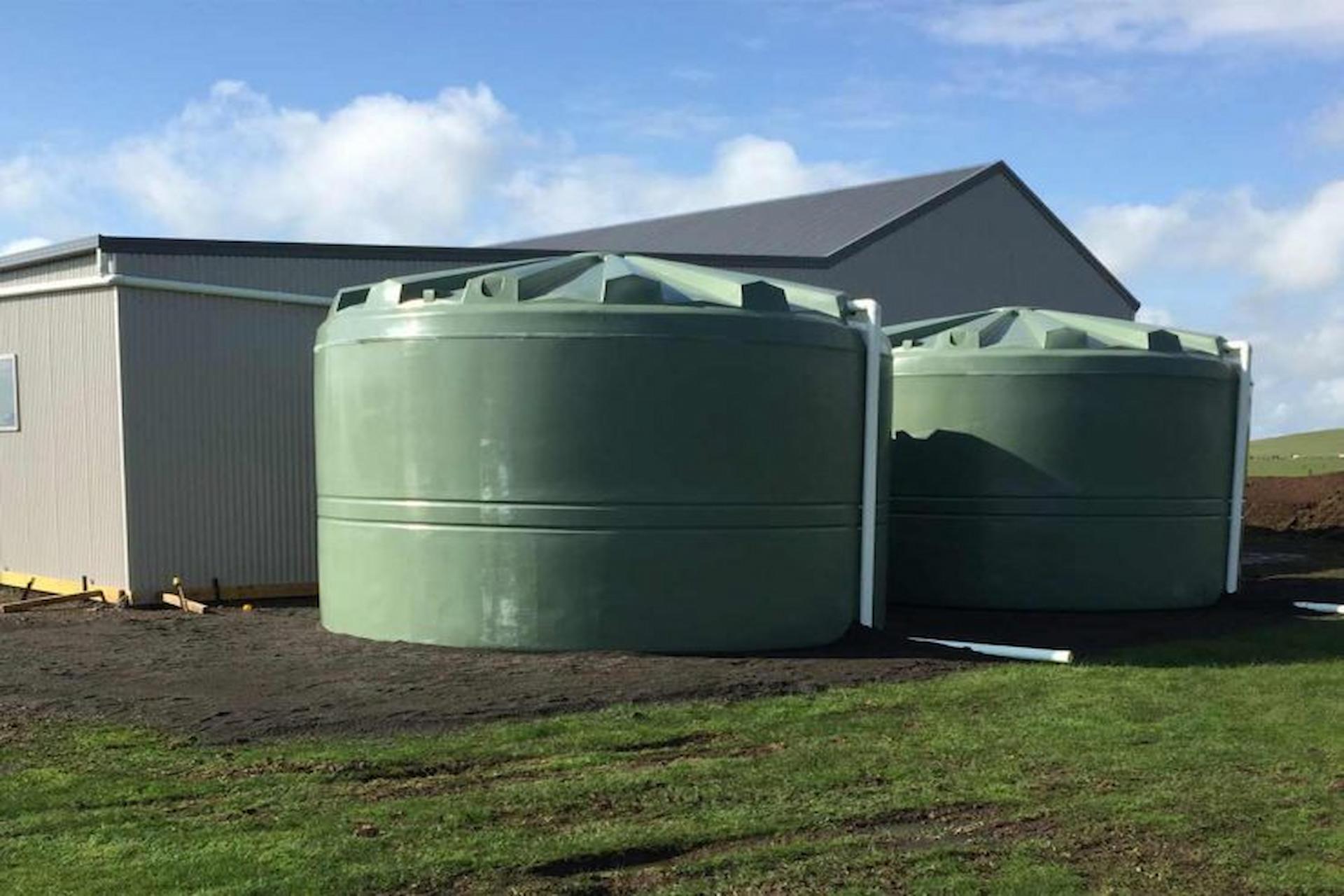
Instead of paying a set monthly bill, many householders are paying for the water they actually use via a water meter. In areas that are judged to be “water-stressed”, people have been obliged to accept water meters whether they wanted them or not.
Household Tanks
This is leading to a growing interest in ways of storing rain water – especially from those with gardens or lawns that suffer in the hot, dry summers we have had recently. Car owners too are thinking twice about running a spray attachment from the mains to wash the car. And similarly, people who used to pressure-wash the patio and use a window cleaning attachment to wash the windows are wondering if there is a cheaper way to go about it.
Hence the huge interest in water tanks, which offer a sustainable and cheaper way to use water. It’s not uncommon to have a very dry spell followed by torrential rain or a very wet spring followed by a dry summer. Having a tank means that you can capture that precious water – a cheery thought on a rainy day.
Agriculture and Horticulture
For agricultural and horticultural businesses, the problem is much more acute. A dry summer can kill crops or plants or greatly reduce yields and can even threaten the business. Animals may have to have water transported to the field.
Water tanks for agricultural businesses come in a range of designs. It may pay to think about tank decommissioning by looking for Tank Decommissioning services if your current tank is too small or is at the end of its life. If this puts you off, it shouldn’t – tank decommissioning can be carried out entirely by a provider without your having to get over involved in the paperwork – they’ll look after all the red tape.
Where a farm needs to keep clean and dirty water separate to reduce runoff and pollution from the farmland, collected rainwater in the tank can be used for washing the yard and any number of other farm tasks. In fact, there are even capital grants available – see the Countryside Stewardship Fund page for information.
With an increasing population and, it would seem, decreasing rainfall, water tanks of every size may become an increasingly common sight both in the countryside and in towns.